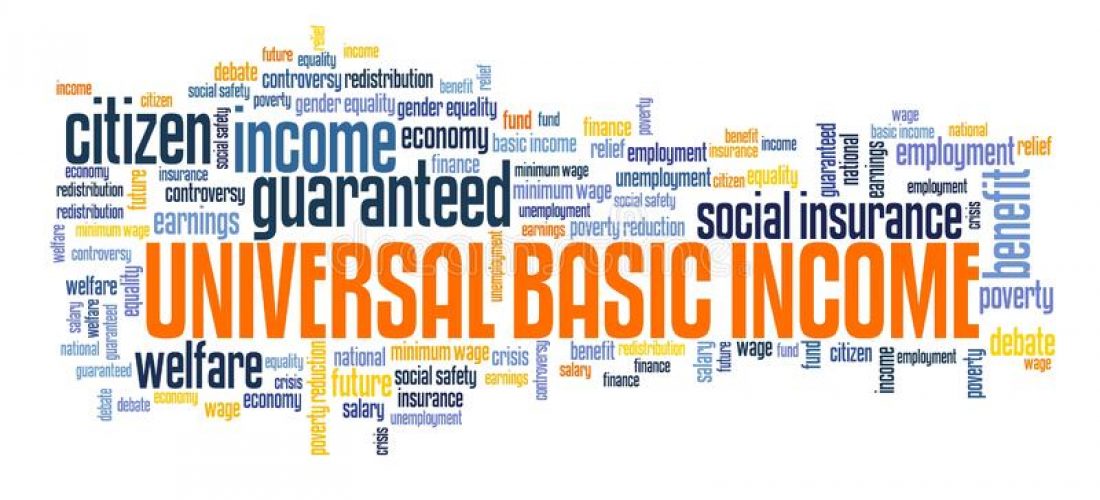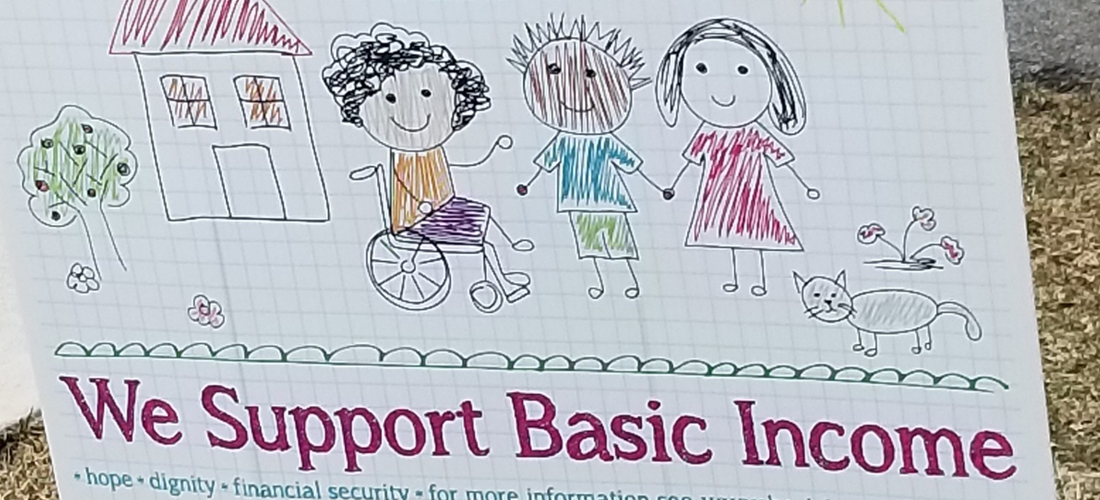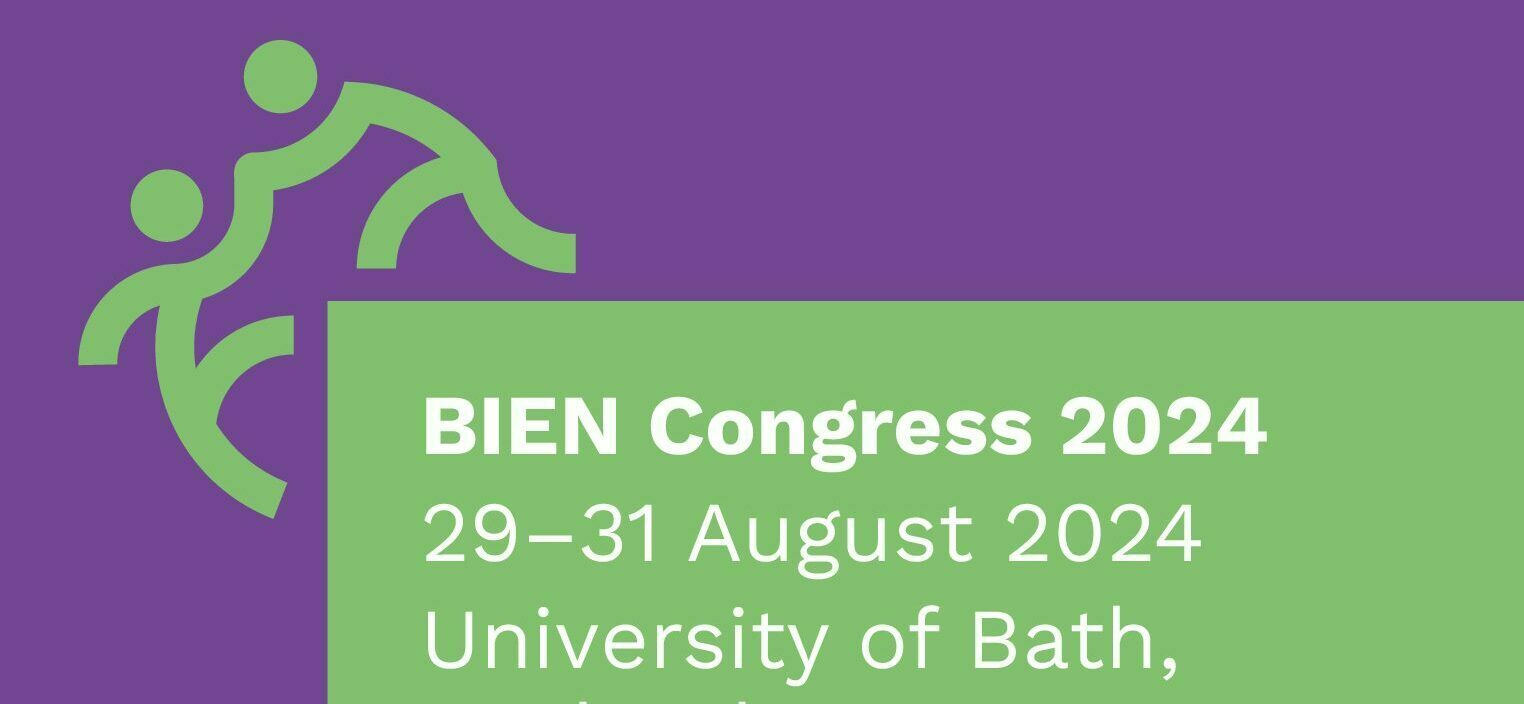Il contributo del Bin Italia al dibattito del meeting di Bruxelles in merito all’ICE (Iniziativa dei Cittadini Europei) sul reddito garantito. In inglese
Dear friends and colleagues,
We are very sorry we cannot be with you today to share our reflections on the ECI proposal. Nevertheless, we would like to give our contribution to this important issue hence we have decided to send you this letter with the hope that its content may be useful for the definition of ECI and the necessary activities needed for the European campaign.
First of all, we would like to make some specifications as regards the annex of the ECI proposal taking into account that the annex is just a brief introduction that the promoters may add to the proposal (although they are not obliged to do so). This means that there is no need for a detailed specification, neither there is need to comment all the articles of the Treaty nor to be too precise as concerns the definitions. The Commission is, however, empowered to determine which is the form of the legal binding act that can be concretely enabled. Besides, giving too precise definitions is unlikely to give rise to a generic interpretation that is instead necessary to make the proposal less vulnerable to possible justifications for inadmissibility. In addition, such a greater generality would allow all the different subjects involved that would like to take part in the initiative (social movements, associations against poverty, trade unions, movements against precarity, politicians, institutions, etc.) to more easily converge, thus widening participation.
In fact, we cannot help but notice that many of those who could or would participate in the European campaign have different approaches to the issue of a guaranteed income. There are those who want to combat extreme poverty and would like to grant a minimum income just for people in need, those who make the connection between labour and minimum income and regard the latter as an instrument of welfare, those who consider it as an instrument for the redistribution of wealth and imagine it within a European framework law, those who connect it to policies to support families, those who want a basic income to emancipate people from labour society in order to free up time to build an alternative society, etc.
If on the one hand this approach may seem too general, on the other hand it may allow many people with different cultural and political backgrounds and approaches to engage themselves in a campaign for the right of a guaranteed income. For this reason we reckon that particular attention is needed as regards the definitions present in the annex as it needs to be understood and accepted by the different sensitivities and approaches to the topic.
This is why we believe that a greater generality of the definition would ensure that more people embrace the proposal.
We believe that the campaign for a Basic Income in Europe may not only involve all those who believe that the right to a guaranteed income is necessary but it also represents a proposal for a new idea of Europe that is now under pressure from banks, financial institutions and austerity policies. The campaign for a Basic Income is a political proposal for a social Europe, for the people who live in Europe and want a different Europe of rights in contrast with the idea of Europe made of small countries controlled by financial and political interest groups. Let’s image if millions of people will back up the campaign for the basic income as a right. It would change many rules and economic policies and it would be a signal given to the European governments, institutions and the financial lobbies. It would represent a re-appropriation of politics from the people living on this continent. In Italy, the referendum of 2011 in defense of water as a common good was attended by millions of people. That result has prevented water to be privatized and commercialized by private companies. Defending water as a common good meant also to impose a different policy and this was possible thanks to the involvement of many people with different cultural backgrounds.
That’s the reason why we believe that we must pay attention to the definitions we use and maintain generality of the principles expressed in this campaign for the basic income as it would be a great opportunity to involve many people who want and are fighting for another idea of society and Europe.
For this reason, we are also sending some suggestions for the text of the annex that could both facilitate the response from the Commission and make the proposal more generic so that all those social organizations that are interested in taking part in the European campaign can see a common ground in these definitions and purposes.
About the ECI proposal we think that the ECI should ask for a binding legal act, namely a directive. The ECI text produced so far refers to “a legal rigths act”. We reckon that this term should be specified as a legally binding act. This will necessarily lead to remove from the annex those references to the continuing responsibility of the Member States. Only the adoption of a EU legally binding act would allow the quality leap that is needed today as it will ensure that every European citizen is equal in dignity, thus laying the foundations of an actual pan-European solidarity.
We really hope that our contribution (attached to this letter) can be useful to the purposes of the ECI we are going to present and to the campaign for a basic income in Europe.
However, we would like to let you know that Bin Italia will acquiesce in the decisions made by you and that we will give our contribution and provide maximum support to the campaign.
Best regards from Bin Italia
Luca Santini
Sandro Gobetti
Andrea Fumagalli
Giuseppe Bronzini
Giuseppe Allegri
Rachele Serino
Cristina Morini
ANNEX
The Unconditional Basic Income does not replace the welfare state but does complete and transform the same from a compensatory into an emancipatory welfare state.
The emancipatory‚ Unconditional Basic Income is defined by the following four criteria: universal[1], individual[2], unconditional[3], high enough[4] to ensure an existence in dignity and participation in society.
We regard the introduction of the Unconditional Basic Income essential in order to face the difficulties of current employment patterns and inadequate income protection systems and to guarantee fundamental rights, especially a life in dignity, as set forth in the Charter of Fundamental Rights of the European Union.
Above all the UBI is meant to abolish poverty and grants more freedom to each individual, to determine his or her own lives, and strengthens the participation of all in society.
The UBI is meant to avoid social splitting. As transfer free of discrimination and stigmatization the UBI eliminates hidden poverty.
The UBI brings about social freedom, strengthens the identification of citizens with the European Union and ensures their political rights. It supports pushing through fundamental rights: “The dignity of the human person is not only a fundamental right in itself but constitutes the real basis of fundamental rights.” (official explanation on article 1 of the Charter of Fundamental Rights of the European Union).
The ECI proposal
The first point that we would like to clarify is that our ECI proposal must be consistent with the aims of the initiative as foreseen in Article 11 TEU, i.e.:
1) “…inviting the European Commission, […], to submit any appropriate proposal on matters where citizens consider that a legal act of the Union is required for the purpose of implementing the Treaties.”
This implies, therefore, that the ECI should ask for a binding legal act, namely a directive.
2) The ECI text produced so far refers to “a legal rigths act”. We reckon that this term should be specified as a legally binding act. This will necessarily lead to remove from the annex those references to the continuing responsibility of the Member States (“The introduction of the UBI and possible introductory steps are within the respective areas of responsibility of the members of the European Union”); responsibility that, if a directive is adopted, would only be limited to a mere discretion in choosing the best ways – taking into account the national systems – to ensure the aims of the directive according to general criteria. Only the adoption of a EU legally binding act would allow the quality leap that is needed today as it will ensure that every European citizen is equal in dignity, thus laying the foundations of an actual pan-European solidarity.
3) It should be highlighted that we are not merely presenting a petition or collecting signatures but we are supposed to follow a specific procedure laid down by an European Treaty in order to attain supranational legislative solutions that are binding on all States, which remain essentially free only to ensure a more favourable treatment than that foreseen in the directive.
4) Proposing a directive means to invoke a legal basis; all references to the Treaties that are mentioned in the ECI text are fine (except for Article 5 TFEU) even though they do not represent actual legal bases;
Articles 2 and 3 TEU set out general principles and values; as you know, the Charter of Fundamental Rights of the European Union does not create new competences (article 6 TEU). Moreover, the invocation of article 5 TEU is not correct as the rule refers to coordination measures (recommendations, etc.) but no to legally binding acts that in this area have, if possible, various procedural bases.
5) In the light of the Recommendations of the European Commission and the Resolutions of the European Parliament that have occurred over time, we reckon that a solid legal basis for the ECI is the article 153 h) TFEU, namely the integration of persons excluded from the labour market that can be easily and consistently defended as a UBI protects the right of those who are excluded from the labour market to pursue an occupation without being driven by existential need, to properly train themselves and to freely make their choices as set out in article 15 of the Charter of Fundamental Rights of the European Union. In this perspective, a UBI is not a measure for the unemployed but a guarantee of freedom for all citizens “to practise a freely chosen or accepted occupation”, as you write as well.
6) Also, article 352 TFEU should be included in the ECI, that is the flexibility clause because it allows the Commission to assess that a UBI is necessary to attain the objectives of the Treaties (articles 2 and 3 that you mention in the proposal). We ask you therefore to add these references to the essential Treaties so that the proposal is not declared inadmissible because it lacks of legal basis.
[1] Universal: In principle every person irrespective of age, descent, place of residence, profession etc. will be able to and should receive this allocation. Herewith a European wide guaranteed unconditional basic income is claimed.
[2] Individual: The right to a basic income must be guaranteed to the individual to ensure freedom of individual choices, autonomy and dignity of persons and shall not be based on their family status or cohabitation situation.
[3] Unconditional: We regard the basic income as a right of the free citizen to be paid without any restrictive and coercive measures which are incompatible with its nature as fundamental social right so as to encourage the aspirations of persons and to guarantee the right to existence.
[4] High enough: The amount should enable a lifestyle which meets society’s social and cultural standards in the country concerned. It should prevent material poverty and provide the opportunity to participate in society. This means that the net income should at a minimum be at the poverty-risk level according to EU standards, which corresponds to 60% of the so-called national median net equivalent income. Especially in countries with low mass income and therefore low median income an equal reference value (e.g. basket of goods) should be used to determine the amount of the basic income, to guarantee a life in dignity, secured livelihood and participation in society.







